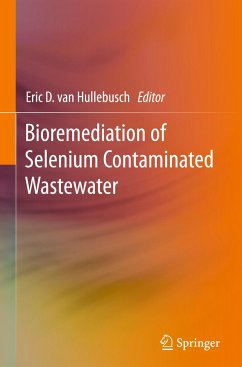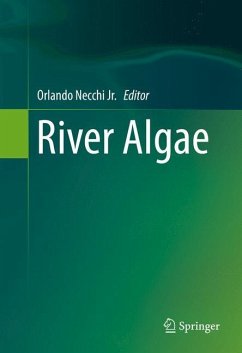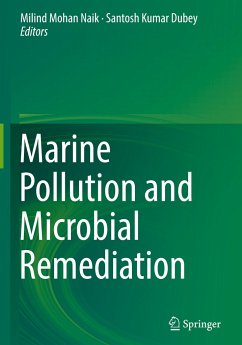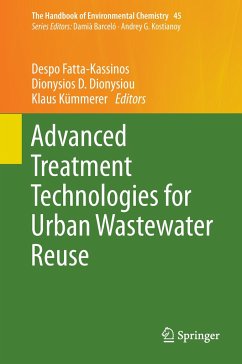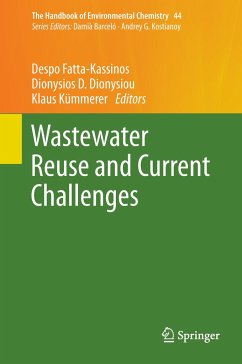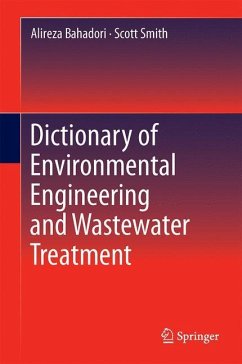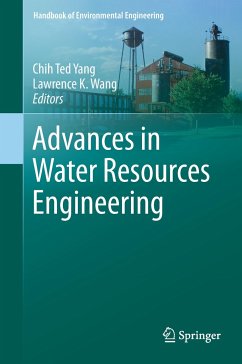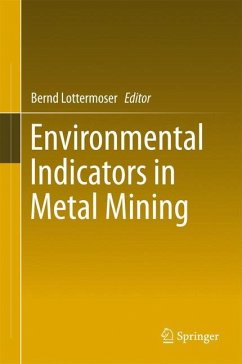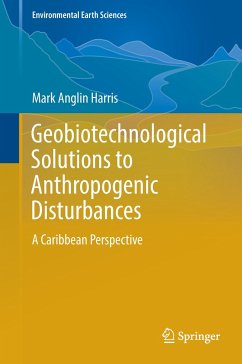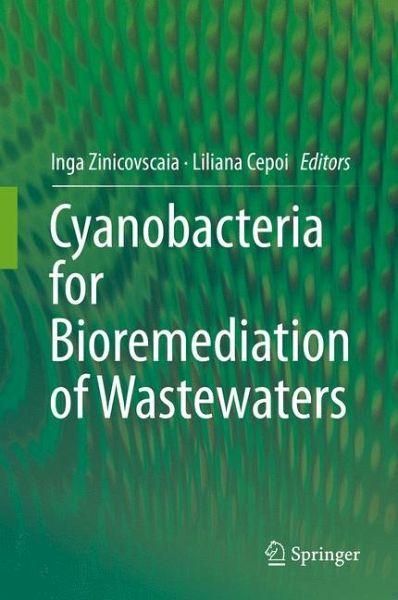
Cyanobacteria for Bioremediation of Wastewaters

PAYBACK Punkte
38 °P sammeln!
This book reflects the use of cyanobacteria for the bioremediation of wastewater through different mechanisms and pathways of transformation and transfer of hazardous substances from one medium to another. The application of microorganisms for bioremediation is determined by their ubiquity, small size, high rate of reproduction and large surface-to-volume cell ratio. Mechanisms of interaction of cyanobacteria with inorganic pollutants include biosorption, bioaccumulation with an opportunity to obtain metal nanoparticles both on the cell surface and inside the cells as well as chelation and inc...
This book reflects the use of cyanobacteria for the bioremediation of wastewater through different mechanisms and pathways of transformation and transfer of hazardous substances from one medium to another. The application of microorganisms for bioremediation is determined by their ubiquity, small size, high rate of reproduction and large surface-to-volume cell ratio. Mechanisms of interaction of cyanobacteria with inorganic pollutants include biosorption, bioaccumulation with an opportunity to obtain metal nanoparticles both on the cell surface and inside the cells as well as chelation and inclusion of metals in the composition of certain organic structures. Data presented in the book provides specialists in the field with useful information for bioremediation technologies as well as for obtaining valuable preparations using cyanobacteria.



